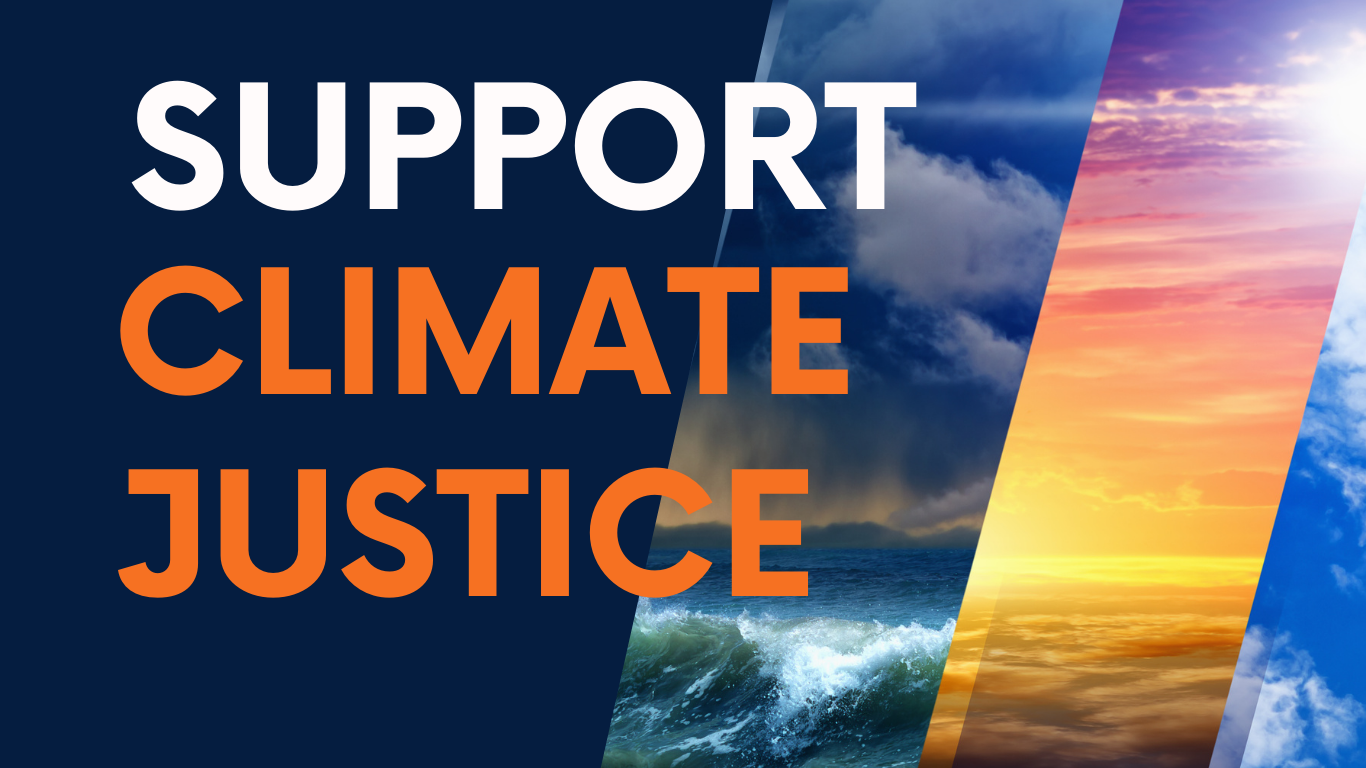by Climate Spotlight Staff
RIO DE JANEIRO, Brazil. August 15, 2023
The Brazil National Institute of Space Research detected a 33.6% drop in deforestation in the Amazon during the first six months of President Luiz Inacio Lula de Silva’s term. In July, the federal agency reported that the satellite data was gathered from a system called Deter that shows a significant decrease in the number of square kilometers newly deforested in the rainforest compared to last year’s records.

The trees in the Amazon account for about 48 billion tons of CO2 according to the Nature Conservancy. A double whammy occurs when they are mowed down for various reasons. Carbon they have stored is released into the atmosphere, and less carbon is absorbed, further driving climate change.
Sixty percent of the Amazon is located in Brazil; in total, the rainforest is about twice the size of India. It is also shared with 8 other countries in South America: Bolivia, Colombia, Ecuador, Guyana, Peru, Suriname, Venezuela, and French Guiana. It covers an expanse of about 6.7 million sq km and is teeming with vast wildlife and flora. It is vital to the world for its ability to act as a carbon sink, and for the food, water, wood, and medicines found in the area.

The rainforest has long been under siege. Many large deep-pocketed interests, and also locals who felt blocked out by environmental laws, took advantage of former president Jair Bolsonaro’s policies. Many of the laws which sought to protect the area were trampled upon during the term of the former president. Environmental agencies were stripped of a large number of their personnel.
By this time last year, when Bolsonaro was in power, about 4000 square kilometers – an area about the size of Rhode Island – were already deforested.

An aerial shows the contrast between forest and agricultural landscapes near Rio Branco, Acre, Brazil. Photo by Kate Evans/CIFOR
“We’ve reversed the curve; deforestation isn’t increasing,” Environmental Ministry’s executive secretary, Joao Paulo Capobianco, said during his presentation in July 2023 on the data.
The full-year result will depend on a number of challenges, Capobianco noted. In 2022, the agency’s Prodes monitor system showed that the loss of rainforest an area roughly the size of Qatar – about 11,600 square kilometers (4,500 square miles) was recorded from August 2021 to July 2022. That was down 11% compared to 2021.
The Brazilian rainforest has been ravaged during the presidency of Jair Bolsonaro. Now, a continued shortage of personnel at Brazil’s federal environmental agency, Ibama, following a “defanging” of the agency during his term has resulted in a continued shortage of personnel. A commitment to revitalize the workforce comes from Lula at a very important time. The number of enforcement agents as of July 2023 remains at its lowest in 24 years.
There are about 700 agents, with 150 available for deployment in the South American country, larger than the United States. Ibama has, however, moved to increase its efforts.
In the first half of 2023, the agency’s head, Rodrigo Agostinho, noted fines jumped by 167% from the 2019 – 2022 average. Using satellite imagery, they can strengthen remote surveillance, detect where deforestation has taken place, and cross-reference those areas with land records.
This way, they can identify landowners in many cases and institute embargoes to restrict financial loans and impose other sanctions. The agency embargoed 2,086 areas at the start of the year – up 111%.

“We started the year with a lot of difficulty because of everything we inherited, reorganizing all the enforcement teams, environmental protection, reactivating tech systems,” Agostinho said.
President Lula has openly said that he will rebuild law enforcement and promised to expel invaders from protected areas. In contrast, Bolsonaro during his term criticized the agencies and advocated for the legalization of deforested areas.
Protection of the Amazon has always been hinged on the politics of Brazil and the other South American countries that house the Earth’s lungs. In many instances, those who have traditionally protected the rainforest – the Indigenous populations of the Amazon, have been the first and most affected by land-grab. The activities of illegal cattle ranching and gold mining sicken local people and contaminate ecosystems they have used for generations.
The Lula government has pledged to expel these illegal actors. And while some still work at night to avoid being caught, Agostinho said they are contented with the results so far.
“We know the fight isn’t over; we will continue doing this work,” he said.







